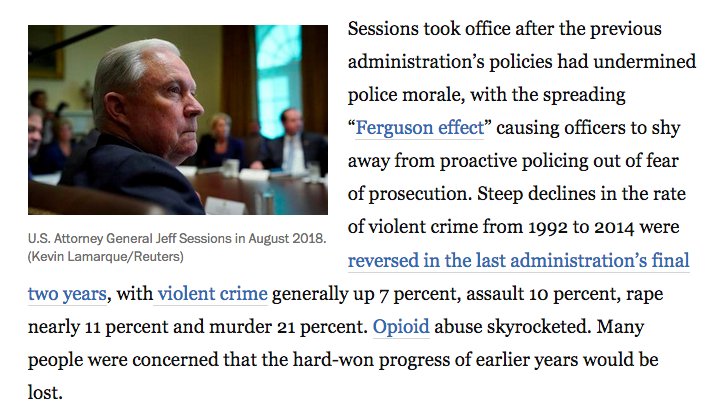"I'm afraid your daughter is dead, Mrs. McArdle. But just look at those pristine ankles!"
(NARRATOR: they existed. They weren't better)
I was mugged for the first time at the age of 8. In the girl's bathroom of my grammar school. Which was supposedly the safest on the UWS.
really actually talking about was ... crime. Which was genuinely scary for everyone.











